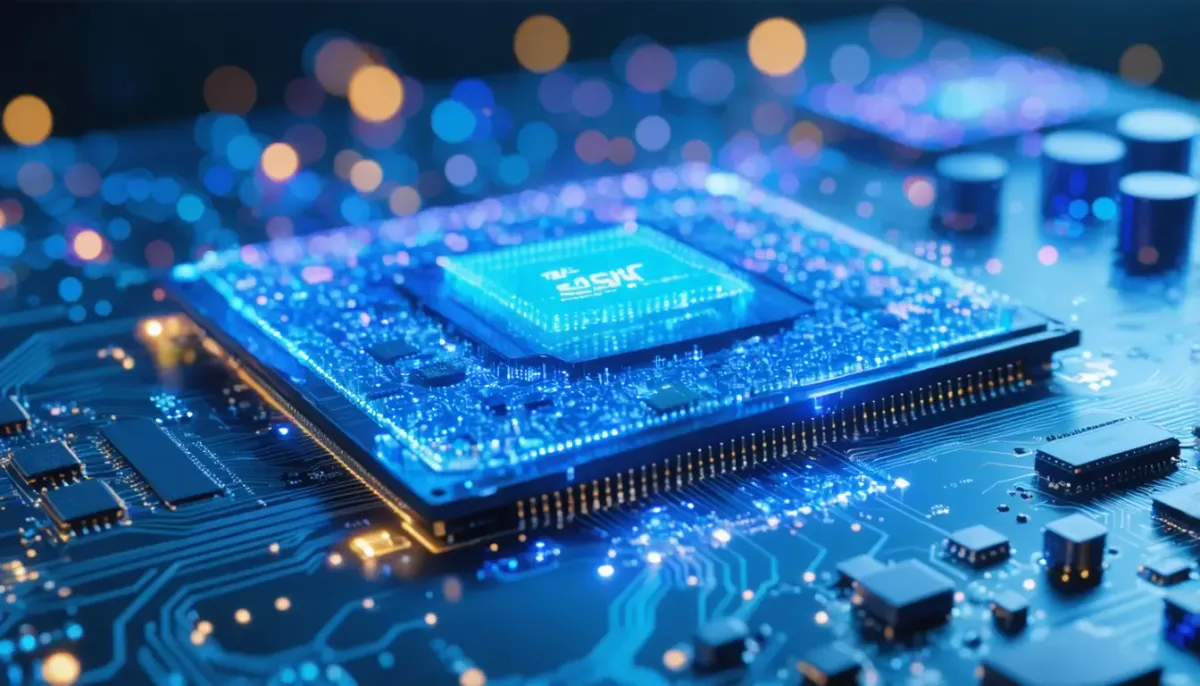OpenAI Collaborates with Broadcom and TSMC to Develop Custom AI Chip Technology

OpenAI's Strategic Shift to Custom AI Chips

OpenAI has recently announced a significant collaboration with industry leaders Broadcom and Taiwan Semiconductor Manufacturing Company (TSMC) to embark on the development of its first in-house AI chip. This strategic alliance marks a pivotal move for OpenAI as it delves into the realm of custom hardware, focusing specifically on optimizing performance for their artificial intelligence systems.
The decision to partner with established manufacturers rather than build its own semiconductor fabrication plants signifies a notable scaling back of OpenAI's initial ambitions. Rather than navigating the complexities of establishing their own fabs, OpenAI is leveraging the expertise and infrastructure of Broadcom and TSMC to swiftly bring superior AI chips to market. This approach underscores a pragmatic pivot in strategy, prioritizing collaboration to enhance innovation and efficiency.
Expanding Partnerships and Industry Impact
In addition to Broadcom and TSMC, OpenAI is also reportedly harnessing the expertise of AMD to further diversify its hardware partnerships. This move not only solidifies OpenAI's commitment to custom hardware but also enhances its ability to address the increasing demands and unique challenges of AI workloads through diversified technological solutions.
Beyond OpenAI's specific advancements, the broader impact of this collaboration resonates across the tech industry. Google's recent strides in AI-powered cloud services have set a precedent for other tech behemoths like Amazon and Microsoft, encouraging them to deepen their investments in AI technology. OpenAI's decision to move towards custom chips is reflective of an industry-wide trend where companies are tailoring hardware to enhance efficiency and performance specific to AI operations.
Government Involvement in AI Development
As OpenAI explores these new technological frontiers, the U.S. Department of Homeland Security (DHS) is also making significant strides in AI development. The department has successfully completed the first phase of its AI technology pilots, a project that highlights its commitment to refining AI capabilities. Complementing this, DHS has expanded its AI Corps by hiring new members, a strategic move aimed at bolstering its capacity for the safe and secure deployment of AI innovations.
These developments underscore a larger narrative where both private and public sector entities are increasingly prioritizing the integration of AI technologies. OpenAI's vision for integrating its custom AI chips by 2026 aligns with a long-term strategy to enhance AI efficiency and performance, all while contributing to the safe and responsible advancement of technology. The concerted effort from both OpenAI and government bodies like the DHS reinforces a collective focus on security and safety, crucial for fostering sustainable growth in AI deployment across various industries.

